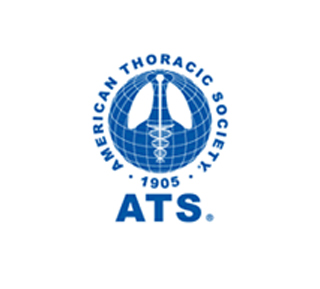
At the time of the study, investigators scrutinized a detailed questionnaire completed by mothers and grandmothers of 173 children participating in the Early Asthma Risk Factors Study (EARS). Also DNA samples were gathered from cheek cells of mothers and children. It was observed that DNA methylation of AXL may be related to in utero exposure to maternal smoking. Even grandmaternal smoking appeared significantly associated with AXL methylation in either the mother or the child.
“Environmental exposures occurring in utero have the potential to affect DNA methylation patterns before birth. Imprinted genes appear to be particularly susceptible to these exposures since they come from one parent and only a single copy from one chromosome in DNA is active. Any environmentally-induced epigenetic changes will have greater impact on gene expression and function. In utero and early life exposures are likely to be important, given what we know about timing during development when epigenetic marks are established,†stated Dr. Carrie Breton, ScD, assistant professor of preventive medicine at The Keck School of Medicine of the University of Southern California (USC) in Los Angeles.
This probable link between DNA methylation of AXL and in utero exposure to smoking was stronger in girls than boys. Children exposed to maternal smoking in utero possibly had a 2.3 percent increase in DNA methylation in AXL. The AXL gene is assumed to play a pivotal role in human cancers and immune response.
The study will be presented at the ATS 2011 International Conference.
